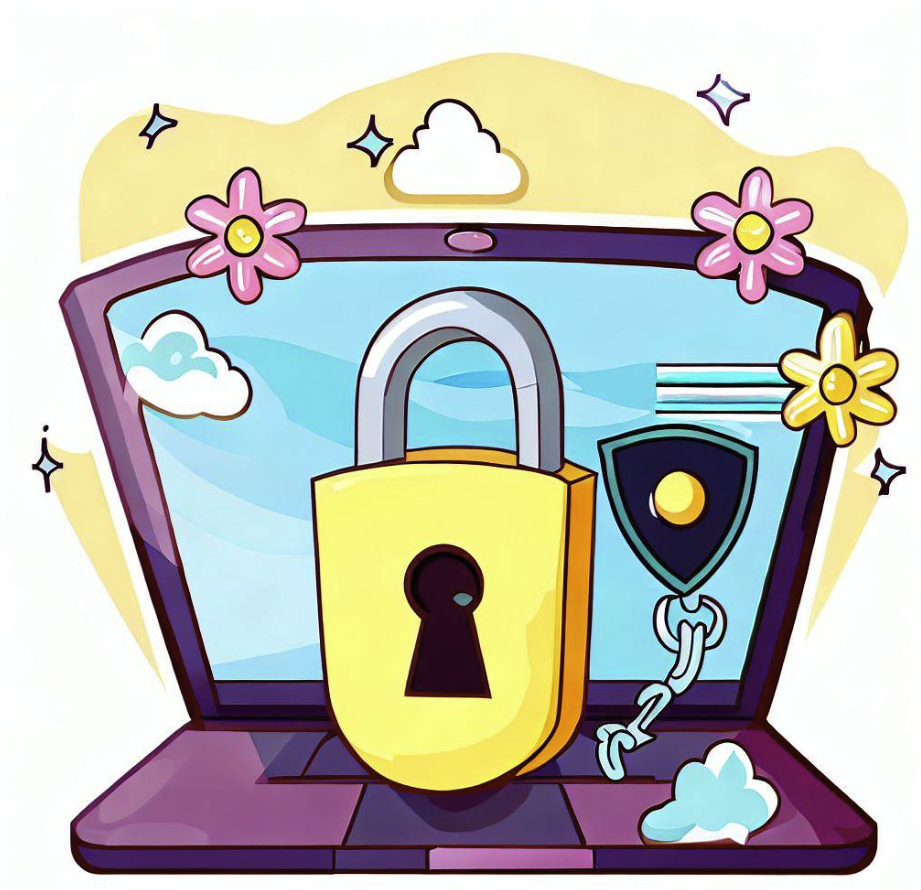Keeping your personal information safe is an ongoing challenge in today’s digital world. Whether you’re browsing your favorite shopping site, filling out a job application, or just checking your email, there are plenty of opportunities for your sensitive information to be exposed online. If your private data is compromised, it can be used for identity theft or other cybercrimes.
With hackers becoming more tech-savvy every day, it seems like there’s no way to keep your personal information safe while using the internet.
Fortunately, there are some easy methods to safeguard your information online. In this article, we will discuss some simple practices that will help you avoid becoming the victim of an online security breach.
Table of Contents
Use Strong Passwords
A strong password is one of the most effective ways to protect your information online. But how do you know if your password is secure enough? Well, there are several characteristics that make up a safe password. The most important “rule” here is that the longer and more complex your password is, the harder it is for hackers to break it. So make sure to include numbers, symbols, and upper and lowercase letters.
If you have trouble remembering all of your passwords, try using a password manager. These programs store your passwords in an encrypted database that can only be accessed with a single master password.
Many password managers use auto-fill, which means they fill in your login information on websites and apps when you visit the required pages. But there also are more advanced password managers. These offer various password management features, like password generation.
With a password generator, you won’t have to sit down and create passwords on your own because the software will do it for you. And there is virtually no chance that these passwords will be based on personal information such as your birthday or the name of your dog. Passwords that are generated by the software are not easily hackable, unlike ordinary passwords. They are extremely long, unpredictable, and complex.
Only Download From Reputable Websites
If you’re downloading a file from an unknown source, there’s a chance that the file is corrupted with malware. Malware is malicious software that is intended to harm and destroy computers and computer systems. Keep in mind that sometimes malicious software can be disguised as a legitimate file. Additionally, it can be distributed in various ways, including emails with links to websites hosting the software.
Because of the potential threats, it is helpful to differentiate between safe and malicious internet connections. There are two different types of internet connections: HTTP and HTTPS. The “S” stands for “secure,” meaning that your login and other data are sent through a more secure connection. Therefore, pay attention to that “S” part when downloading a file.
If you are still not sure whether or not the website is safe, there are some free online tools you can try. Some of the good choices include Sucuri or SSLtrust, that scan websites for safety.
Avoid Using Public WiFi
Using public WiFi is a risky business, but most people don’t think much before connecting to them.
If the cybercriminal has access to the network, they can intercept the connection and see all of your data. This could include passwords, usernames, credit card numbers, and more.
Usually, smartphones have an option to automatically connect to the nearest WiFi. It is better to turn that function off, as you don’t know if the connection is safe.
A virtual private network (VPN) is another great way to keep your information private when you’re browsing the internet. A VPN creates a private network that encrypts all of your internet traffic. This makes it almost impossible for hackers to track you.
Install Antivirus Softwares
Antivirus is software that protects your computer from viruses, spyware, and other malware. It scans your hard drive every few minutes to look for any changes or malicious files. The best antivirus software will automatically check for updates and install them when you need them.
In addition to protecting against viruses, antivirus software can also protect against other online schemes that try to steal your private information. It’s important to use an antivirus program on all of your devices, including your phone, tablet, laptop, and desktop computer. You should also make sure to have up-to-date virus definitions installed on all of your devices so that the software can run smoothly and keep your files safe from intrusion.
Bottom Line
Protecting your personal information online should not be a daunting or difficult process. Many of the steps we’ve outlined here are straightforward and relatively simple to carry out. No matter what device you’re using—PC, smartphone, or tablet—these best practices will help you safeguard your online identity. And just as importantly, they will make it easier to use the web the way it was intended: with confidence.


